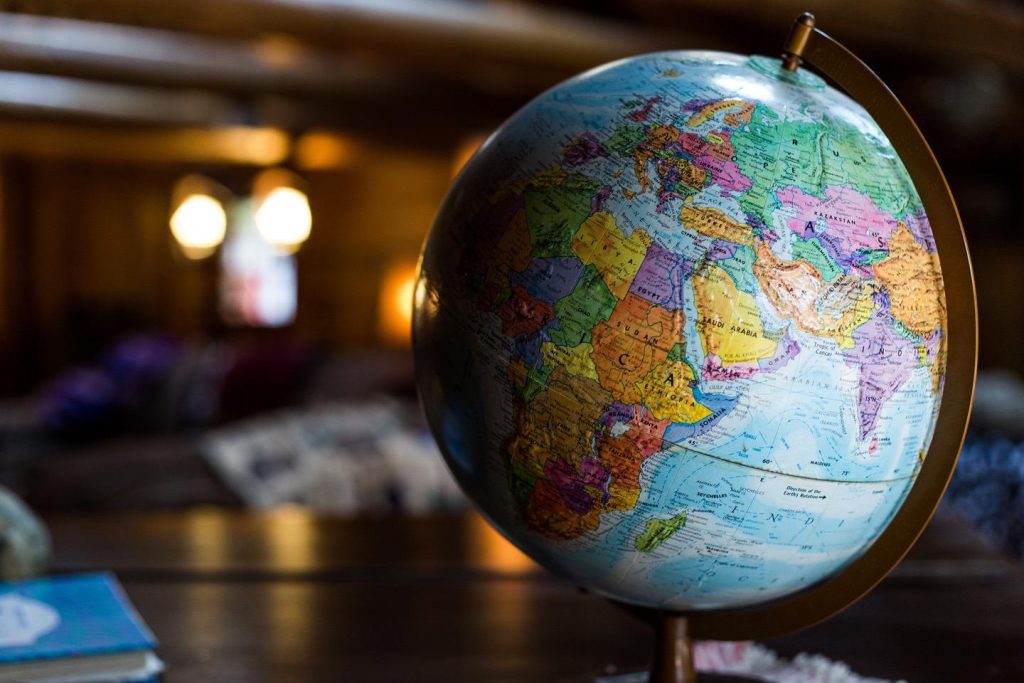
Jesus has simple instructions for His followers when they are persecuted for preaching the Gospel, “When you are persecuted in one place, flee to another. I tell you the truth, you will not finish going through the cities of Israel before the Son of Man comes.”
Or as one commentator put it, “When a disciple met with persecution in one city, he was to flee to another city, both for his own safety and to avoid wasting effort on a rejecting audience.” This much we can all understand. But Jesus adds, “you will not finish going through the cities of Israel before the Son of Man comes.” That statement initially seems hard to reconcile with our present reality. While Israel is a country with many cities, it is not a country that seems so large or having so many cities that in all the past 2000 years this work is still not completed. To that point some have argued that the coming of the Son of Man that Jesus speaks about here is the judgment that befell Israel in AD70. Certainly that may be a foreshadow of the end, but it is clearly and obviously not the second coming that Jesus later clarifies (in chapter 24).
These facts belie our own prejudice. For when we think of Israel we typically think of that narrow and pointed band of land on the eastern shore of the Mediterranean Sea. Our worldview limits our understanding of “Israel” to the modern country, and the existing nation of Israel has only 76 municipalities granted the title, ‘city’ status by the Ministry of the Interior. Even if you count all the villages and settlements, Israel only has 1100 ‘places of settlement’. But Israel from God’s viewpoint (which one must recognize was on Jesus’ mind) was always was a much larger territory than the country we recognize on our modern political maps.
In Genesis 15 we read, “On that day the Lord made a covenant with Abram and said, “To your descendants I give this land, from the river of Egypt to the great river, the Euphrates—the land of the Kenites, Kenizzites, Kadmonites, Hittites, Perizzites, Rephaites, Amorites, Canaanites, Girgashites and Jebusites.” This is the land that Joshua was sent to conquer, and that the twelve tribes of Israel were to take possession of. This is the geographic territory known as Israel.
Unfortunately Joshua and company did not completely take it. The river of Egypt is the Nile, significantly to the west and south of the land that Israel eventually ruled over. The Euphrates cuts halfway through Iraq, far to the east of the land that Israel ruled. The land between would be all of Jordan, most of Syria, the best part of Egypt and a very large chunk of Saudi Arabia. So even if we were to limit the ‘cities of Israel’ to the geographic inheritance of the Hebrews, we would find that not all are yet permeated with the Gospel.
Yet a greater consideration is what Jesus meant by “the cities of Israel”. Romans 4 and Galatians 3 make it exceedingly clear that Abraham is not just the father of physical Israel, but the father of all who are counted righteous by faith, “Understand, then, that those who believe are children of Abraham. The Scripture foresaw that God would justify the Gentiles by faith, and announced the gospel in advance to Abraham: “All nations will be blessed through you.” So those who have faith are blessed along with Abraham, the man of faith.” And, “If you belong to Christ, then you are Abraham’s seed, and heirs according to the promise.” Therefore, “the cities of Israel” are all the places where Christ is or will be proclaimed Lord. That’s the whole world, which means that ultimately the Gospel must be proclaimed in the whole world before Christ returns.
This much Jesus will make even clearer later on, when He says, “And this gospel of the kingdom will be preached in the whole world as a testimony to all nations, and then the end will come.” Amen.
God’s plans for mankind always included his desire to reach the whole world.
Gary V. Smith
APPLICATION: Intentionality
What is your part in reaching the whole world? What part of God’s call on your life have you left unfinished?

